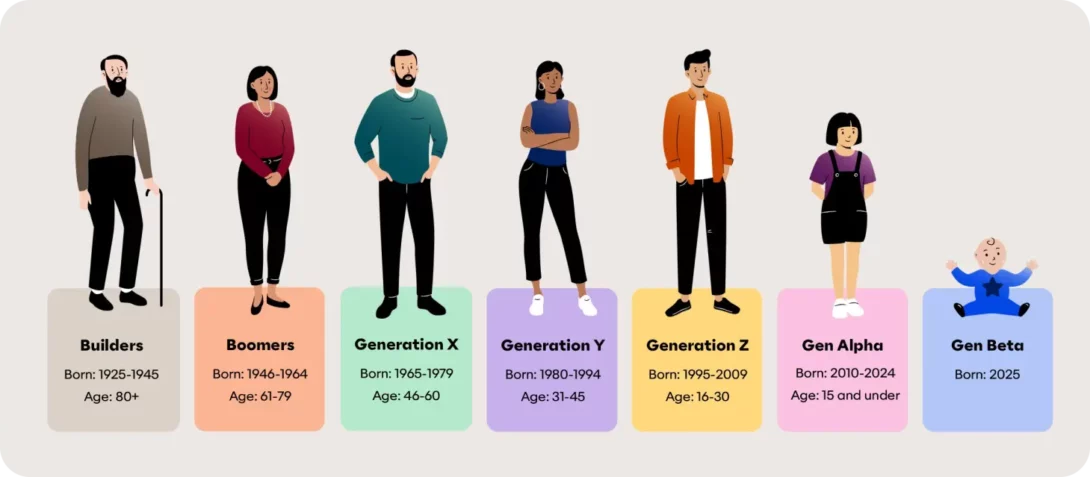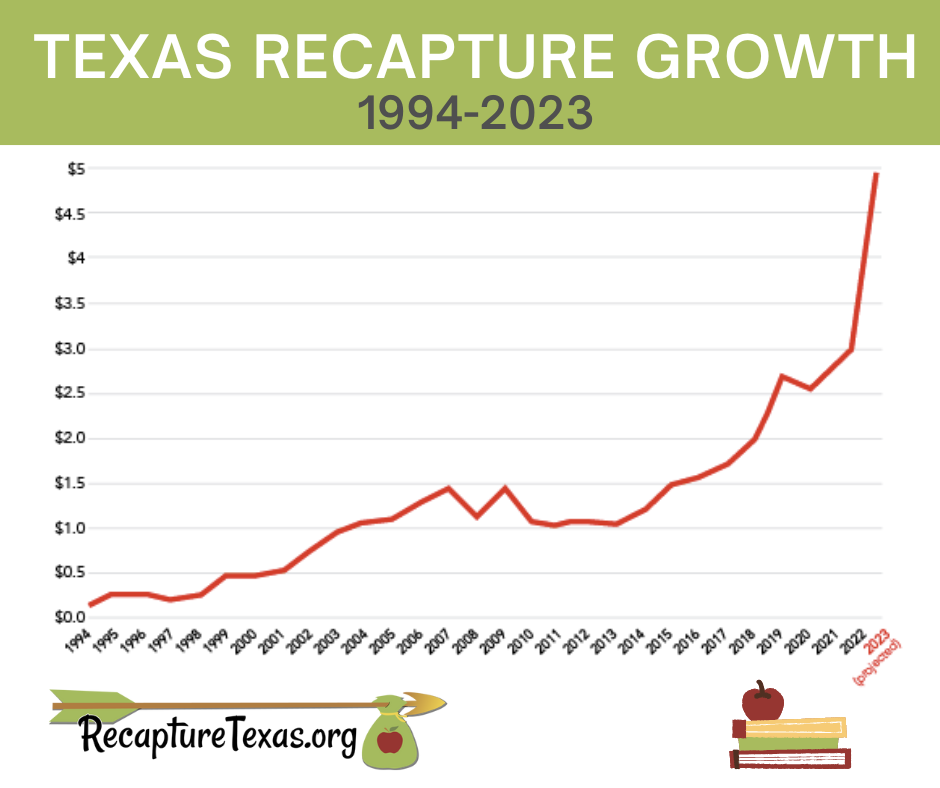Generation Alpha came to an end with the start of 2025, heralding the birth of Generation Beta. In the ever-changing state of America and the world at large, the possibilities for Gen Beta are incredibly vast. But in this unpredictable world, what can be expected for the Betas in their lifetimes?
For young millennials and old Gen Z, this new generation means a beginning to parenting and starting a family. This continues a trend of first-time parents being older and older. The average age for new mothers is now 27 years old according to a report done by the CDC. Generation Betas’ parents indicate that the average American is now waiting longer before starting a family, instead opting to pursue higher education and careers.
Overall, generations are getting smaller as the option to simply not have kids becomes more and more popular. According to the American Journal of Management Care, the birth rate reached a historic low in 2024 after 17 years of decreasing. Factors such as cost, shifting cultural values and improving opportunities for women may be the cause of our shrinking birth rate, but this may not be a bad thing.
As the birth rate decreases and parents have fewer children, the amount of investment per child increases. Studies done by First Focus On Children, a bipartisan advocacy group, indicate a correlation between higher investment in children and higher success for that child later in life. The higher investment from parents combined with higher investment from the government could lead to a large cohort of Generation Beta students and workers who outperform the average Gen Z or Gen Alpha citizen. Many of us may someday work under a Gen Beta boss.
Gen Beta will also mark the most racially diverse generation. According to USA Facts, the racial breakup of America shifts with each generation. White Americans went from being 63.8% of the population in 2010 to 58.9% in 2022, while Blacks, Hispanics and Asians all saw growth in their share of the population.
According to a population estimate and projections census done by the US government, a large amount of this population growth is due to the immigration of these minority groups. There is, however, still a considerable amount of natural increase within the nation, the rate of which will only increase with more immigrants. By the time Gen Beta reaches middle age, non-Hispanic whites may make up less than half the population of the country, a first in US history.
Beyond lives with more opportunity and diversity, Gen Beta will also likely live longer. A chart from Macrotrends shows the increase in life expectancy over time. This year’s seniors can expect a life of roughly 78 years, whereas the oldest of Gen Beta can expect to live nearly 79.5 years. While the difference of one and a half years isn’t extreme, it is a marked improvement of two percent compared to the current high school student.
This longer lifespan may not mean longer retirements though. Many Gen Beta citizens may never get to retire at all. According to the National Institute of Retirement Security, 40% of Americans rely solely on social security, which already isn’t enough to replace a stable income from working. While social security now is still able to keep these retirees out of poverty, it may not be the same for Gen Beta. The Social Security Administration stated that social security will be depleted by 2041. While the fund won’t be completely gone, those who receive it will receive $220 less a month. As predicted, retirement age continues to increase and social security payments continue to decrease, Gen Beta may be left with little hope of retirement.
The biggest change, though, that Gen Beta will experience is being the first generation to live entirely post-AI. With some estimates putting the invention of artificial general intelligence within the next few years, Gen Beta may never need to work. Advanced AI may provide more resources to a young Gen Beta than anyone has ever seen before, and AI has the potential to create a form of universal basic income that could dramatically restructure family planning and birth rates among different economic classes and races. While the future is uncertain for Gen Beta, and while they will certainly have their ups and downs, the Betas can look forward to an overall happy life.









